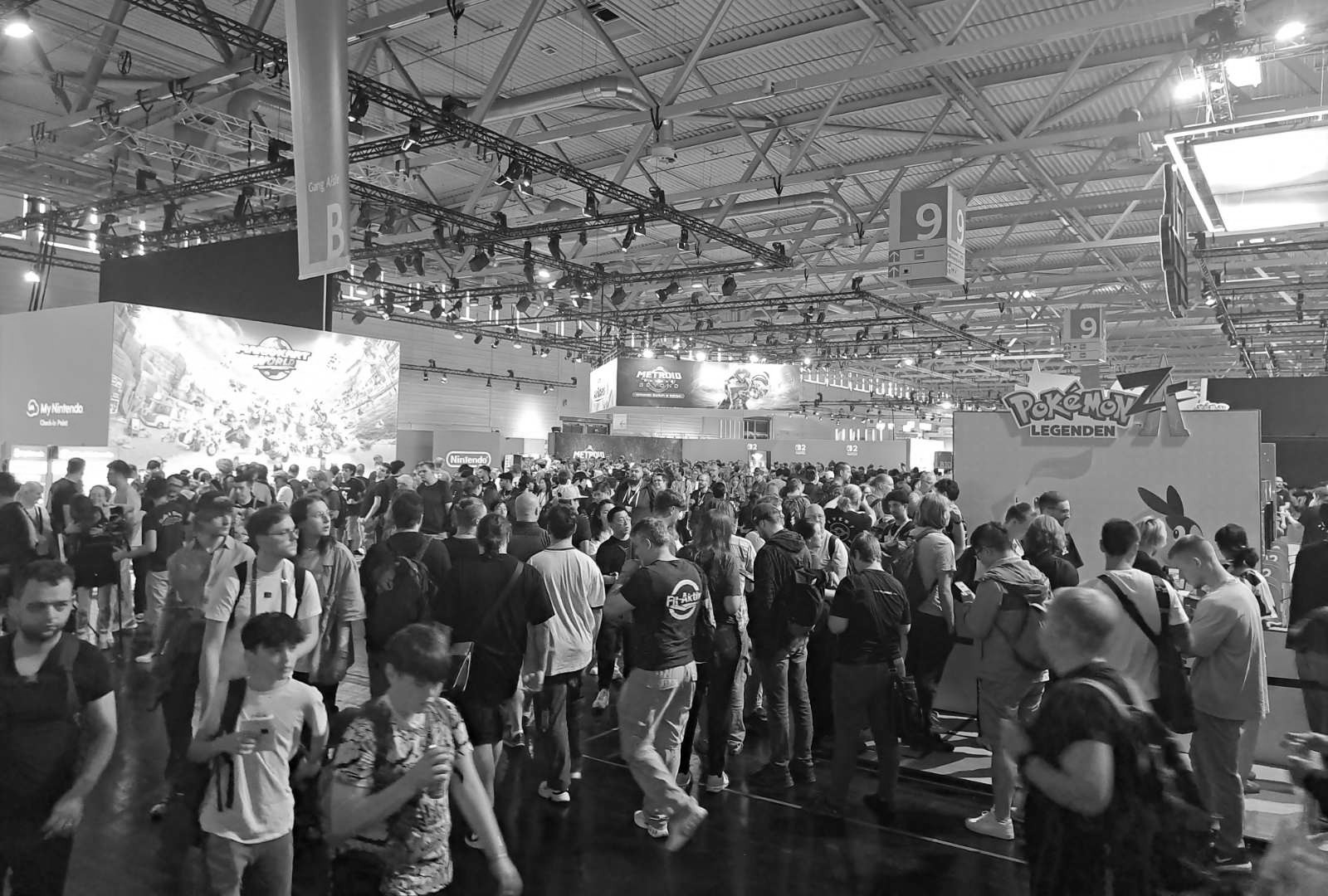
Vietnam is south-east Asia’s emerging economic tiger and Ho Chi Minh City is its dynamic business hub and it is looking at a very prosperous future.
Over forty years after the capture of Saigon by the North Vietnamese Army ended the war which left Vietnam as one of the world's poorest nations. Now, Vietnam and specifically HCMC is experiencing a major turnaround of fortune and Vietnam's economy, which continues to expand at an annual rate in excess of 7 percent and is one of the fastest-growing in the world.
The country’s transition to a market-orientated economy took a massive stride at the beginning of the century and especially in 2007 when it joined the World Trade Organization (WTO). Vietnam became WTO's 150th member. It took 11 years of preparation, including 8 years of negotiation to come to fruition. WTO membership required Vietnam's economic sectors to open the door to increased foreign competition and trade. As predicted at the time it proved to be a significant boost to Vietnam's wealth and helped to ensure the continuation of liberalizing economic reforms that would, in turn, create perfect conditions for trade expansion. These reforms also formally recognised the establishment of the private sector, and over half a million private businesses have set up over this time.
HCMC’s infrastructure is developing rapidly and the number of cranes on the skyline and the numerous work sites in and around the city indicates this. There has been a lot of foreign investment in roads, bridges, ports, industrial parks, and manufacturing zones. With Ho Chi Minh City's role recognised as the economic centre of Vietnam, it has encouraged a lot of international businesses to become established and this has, in turn, contributed to the modernization and development of the city.
This young economy has been very quick to embrace new technologies and there has been a recent shift towards higher technology-based enterprise and away from the traditional manufacturing based industries like apparel and footwear. There has been a huge growth in mobile phone manufacturing, Samsung has invested some $13bn and employs some 250,000 workers for example. Another global tech giant Intel has invested $1bn in the construction of its largest assembly and test establishment in the world, double the size of the company's Malaysia-based site, at the HCMC, Saigon High Tech Park facility. This is where 80% of the world’s computer chips are made.
One of the strongest developments in recent years has been the rise in offshore service centres. Companies big and small from all over the world are looking to remote staffing solutions to increase efficiency and run their businesses more cost-effectively. For example, many companies outsource their customer support departments as it is much more cost-effective as offshore staff can complete tasks and projects at a lower cost than in-house staff. These offshore staffing services in Vietnam and specifically Ho Chi Minh City, are geared up to ensure the success of these enterprises.
Offshore staffing companies facilitate the setting up and running of an offshore-based business. They provide all the appropriate systems, infrastructure, and staffing requirements. Many of these offshore staffing service companies are offshore companies themselves and have highly qualified western business experts working as part of their team.
Ho Chi Minh City has the prime business environment to set up an offshore office and can provide companies with a business presence right in the heart of one of the most productive and exciting economic centres in the world.









